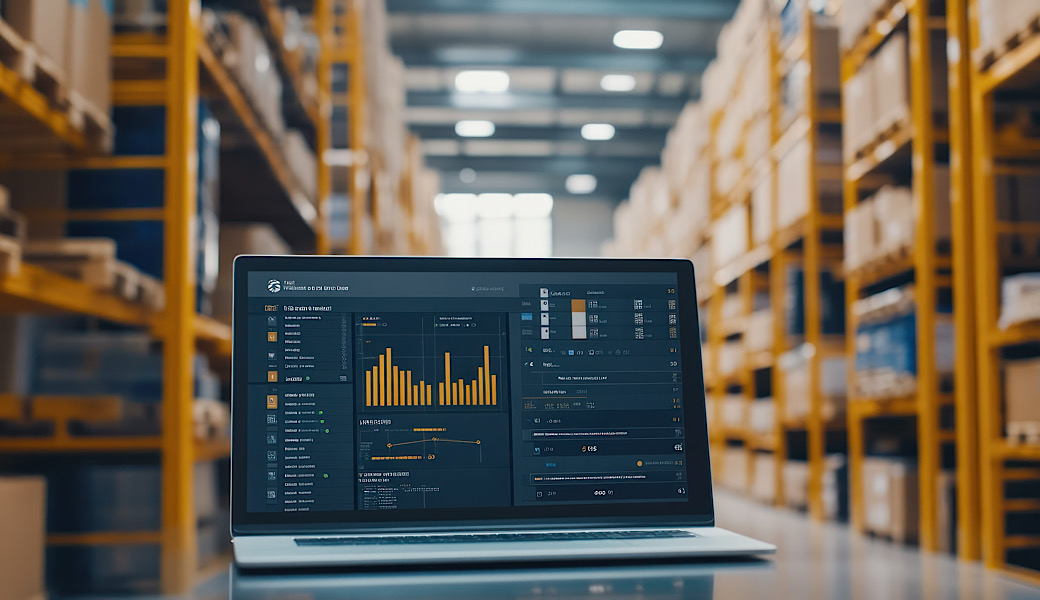Emerging markets offer immense opportunities for growth but often come with unique procurement challenges. Rapid development, diverse regulatory environments, and fluctuating market conditions create complexities that require strategic solutions. Understanding these hurdles and implementing effective global procurement strategies is essential for businesses looking to succeed in these high-potential regions.
Challenges in Emerging Market Procurement
Regulatory Variability
Emerging markets often have inconsistent or rapidly evolving regulations that can disrupt procurement processes. Differences in import/export policies, customs duties, and compliance requirements add layers of complexity for businesses operating across borders.Supplier Reliability
Identifying and working with reliable suppliers can be challenging in regions where supply chain infrastructures are still developing. Quality assurance, delivery timelines, and adherence to standards may vary significantly among suppliers.Currency Fluctuations
Volatile currencies in emerging economies can impact procurement budgets, making it difficult to predict costs and maintain profitability. Businesses must account for potential exchange rate fluctuations in their procurement strategies.Logistical Constraints
Limited infrastructure, such as underdeveloped transportation networks or inadequate warehousing facilities, can cause delays and increase costs. These challenges often require creative logistical solutions to ensure timely delivery and cost-efficiency.Cultural and Language Barriers
Navigating cultural differences and language barriers can complicate negotiations, vendor relationships, and compliance with local norms. Clear communication and understanding of local practices are essential to establishing trust and smooth operations.
Strategies to Overcome Procurement Hurdles
Emerging markets offer immense opportunities for growth but often come with unique procurement challenges. Rapid development, diverse regulatory environments, and fluctuating market conditions create complexities that require strategic solutions. Understanding these hurdles and implementing effective global procurement strategies is essential for businesses looking to succeed in these high-potential regions.
Challenges in Emerging Market Procurement
Regulatory Variability
Emerging markets often have inconsistent or rapidly evolving regulations that can disrupt procurement processes. Differences in import/export policies, customs duties, and compliance requirements add layers of complexity for businesses operating across borders.Supplier Reliability
Identifying and working with reliable suppliers can be challenging in regions where supply chain infrastructures are still developing. Quality assurance, delivery timelines, and adherence to standards may vary significantly among suppliers.Currency Fluctuations
Volatile currencies in emerging economies can impact procurement budgets, making it difficult to predict costs and maintain profitability. Businesses must account for potential exchange rate fluctuations in their procurement strategies.Logistical Constraints
Limited infrastructure, such as underdeveloped transportation networks or inadequate warehousing facilities, can cause delays and increase costs. These challenges often require creative logistical solutions to ensure timely delivery and cost-efficiency.Cultural and Language Barriers
Navigating cultural differences and language barriers can complicate negotiations, vendor relationships, and compliance with local norms. Clear communication and understanding of local practices are essential to establishing trust and smooth operations.
Strategies to Overcome Procurement Hurdles
Leverage Local Expertise
Partnering with local suppliers or consultants familiar with the market landscape can help navigate regulatory frameworks and cultural nuances. Local expertise ensures compliance and fosters stronger relationships with stakeholders.Adopt Technology for Transparency
Digital tools such as blockchain and AI-driven platforms enhance transparency and efficiency. These technologies provide real-time data on supplier performance, shipment tracking, and compliance, reducing risks in procurement.Diversify Supplier Networks
Relying on a single supplier in an emerging market increases vulnerability to disruptions. Building a diversified supplier base ensures continuity and flexibility in the face of challenges such as production delays or regulatory shifts.Hedge Against Currency Risks
Financial instruments like forward contracts and currency hedging can mitigate the impact of exchange rate fluctuations. Collaborating with financial experts ensures that procurement budgets remain stable, even in volatile markets.Invest in Training and Cultural Awareness
Equipping procurement teams with knowledge of local customs, languages, and business practices strengthens negotiations and fosters better supplier relationships. Training ensures smoother collaboration and minimizes misunderstandings.
The Benefits of Strategic Procurement in Emerging Markets
With the right strategies, businesses can unlock the vast potential of emerging markets:
Cost Savings: Access to lower-cost labor and materials while managing risks effectively.
Market Growth: Developing strong local partnerships to capitalize on expanding consumer bases.
Resilience: Building robust and adaptable supply chains to thrive in dynamic environments.
Tackling procurement challenges in emerging markets requires expertise, innovation, and strategic planning. Businesses that rise to the occasion gain a competitive edge while driving growth in these high-opportunity regions.
Groves & Company specializes in helping businesses navigate the complexities of procurement in emerging markets. Contact us today to discover tailored solutions for overcoming procurement challenges and achieving global success.


